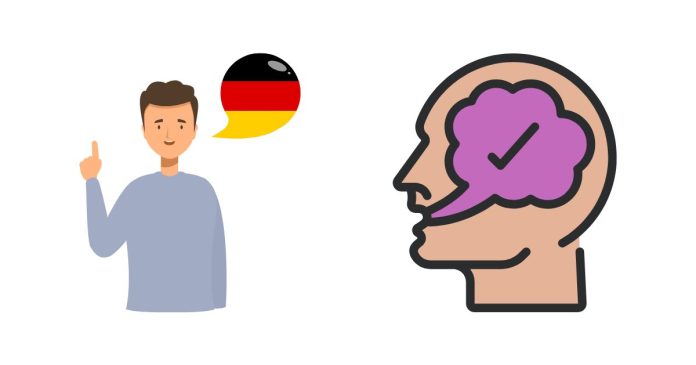Language is a bridge to understanding cultures and connecting with people. If you’re learning German or planning a trip to a German-speaking country, knowing how to ask someone if they speak a particular language is a valuable skill. So, how do you say “Do you speak” in German? Let’s explore.
The German Translation of “Do You Speak”
In German, the phrase “Do you speak” translates to:
“Sprechen Sie” (formal) or “Sprichst du” (informal).
The difference between these two forms depends on the level of formality:
- “Sprechen Sie” is used when addressing strangers, elders, or in professional contexts.
- “Sprichst du” is used with friends, family, or people you know well.
Adding a Language to the Question
To complete the question, you simply add the name of the language. For example:
- “Sprechen Sie Englisch?” – Do you speak English?
- “Sprichst du Deutsch?” – Do you speak German?
- “Sprechen Sie Spanisch?” – Do you speak Spanish?
This structure makes it easy to customize the question based on the language you’re inquiring about.
When and Why to Use This Phrase
Knowing how to ask “Do you speak” in German can be incredibly helpful in various situations, such as:
- Traveling: Finding someone who speaks your language can make navigating new places easier.
- Learning German: It’s a great way to practice conversational skills by initiating a dialogue.
- Cultural Exchange: Expressing curiosity about someone’s language builds rapport and shows respect for their culture.
In German, asking “Do you speak” is simple, whether you’re using the formal “Sprechen Sie” or the informal “Sprichst du”. Pair it with the language you wish to inquire about, and you’ll be ready to connect with others, navigate new environments, or practice your language skills.
So, the next time you’re in a German-speaking setting, try saying:
“Sprechen Sie Englisch?”
It could open the door to a meaningful conversation!


